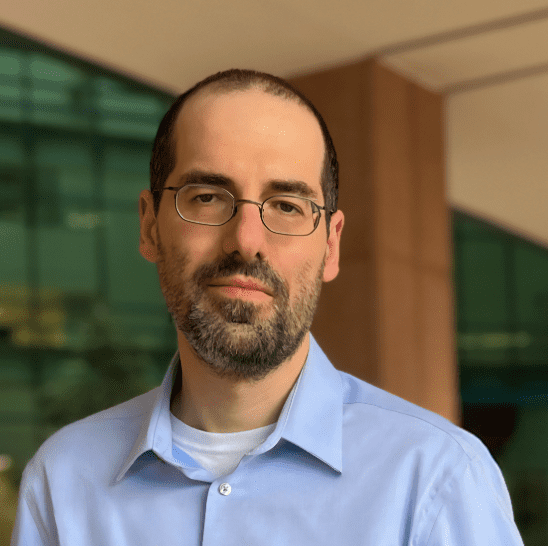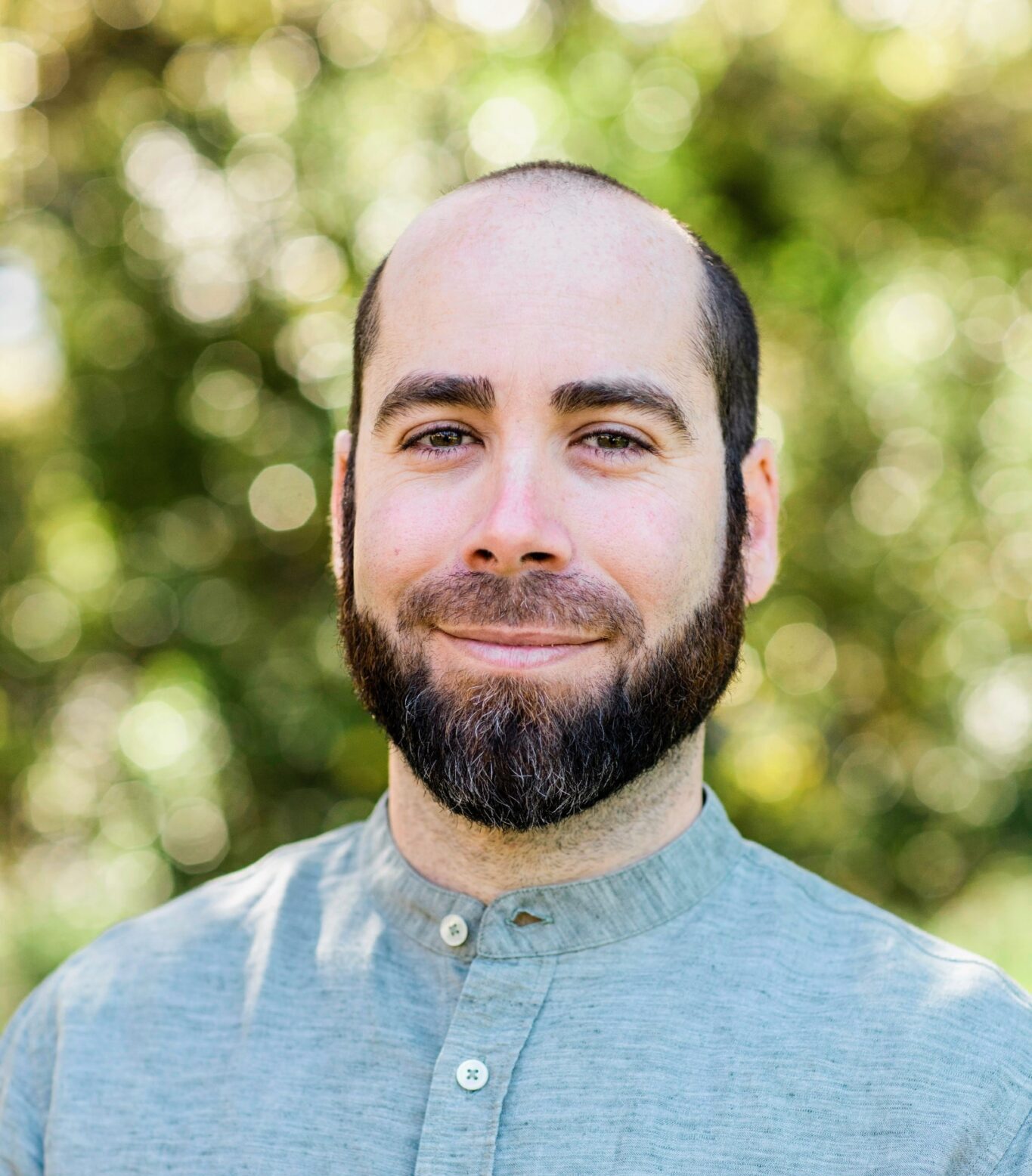The Center for Computational Biology is delighted to welcome the newest addition to our faculty. Please join us in welcoming them to CCB!
 | Allon Wagner is an Assistant Professor of Computer Science at the Department of Electrical Engineering and Computer Science (EECS) and of Immunology and Molecular Medicine at the Department of Molecular and Cell Biology (MCB). Dr. Wagner works at the interface of computational single-cell genomics, systems immunology, and cellular metabolism. His lab develops data-driven algorithms to study cellular metabolism and applies them to study immunometabolic dysregulation in cancer, autoimmunity, and other disease states. |
 | Moisés Expósito Alonso, a geneticist known for his work on plant species’ adaptation to a changing climate, is an Assistant Professor of Global Change Biology in the Department of Integrative Biology at UC Berkeley and a member of the Innovative Genomics Institute. His research integrates evolutionary experiments, molecular biology, and genomics to understand plant climate adaptation and its genetic pathways. Expósito Alonso has received numerous accolades, including recognition on the Forbes “30 Under 30” list in science and healthcare, the Howard Hughes Medical Institute Freeman Hrabowski Scholars, and various awards in the field of plant biology and ecology. |

